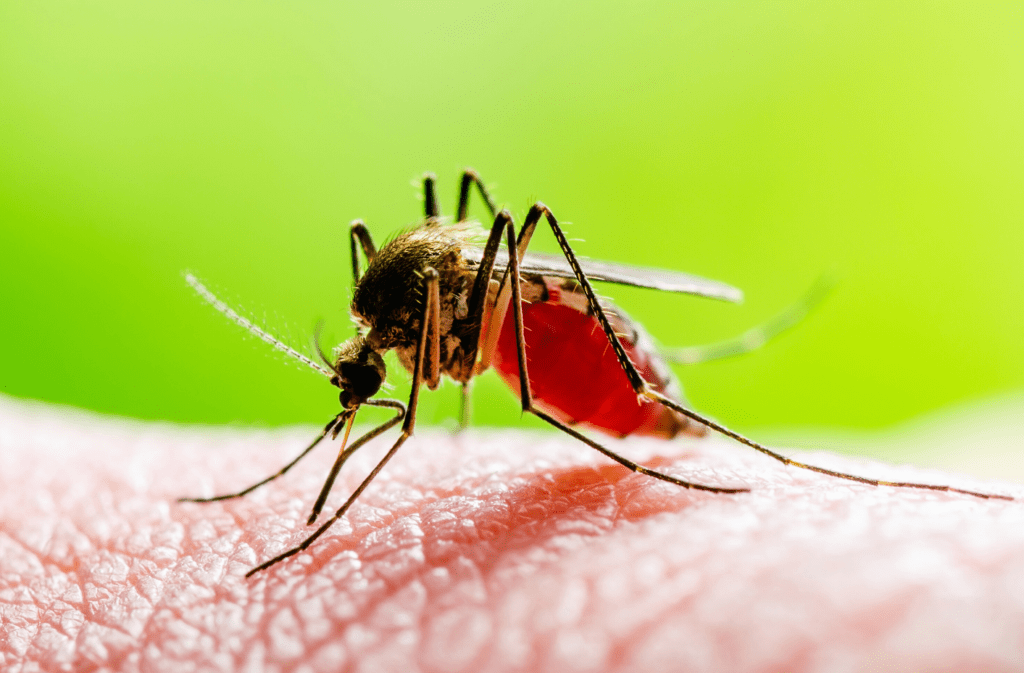Malaria: Understanding Symptoms, Causes, Prevention, and Treatment
Malaria is a serious, life-threatening disease caused by Plasmodium parasites transmitted through bites from infected female Anopheles mosquitoes. The disease is especially prevalent in tropical and subtropical regions like sub-Saharan Africa, South Asia, and parts of South America, where it continues to be a major health threat. Malaria symptoms, prevention measures, and timely treatment are crucial for managing and controlling the spread of this disease.
What Causes Malaria?
Malaria is caused by several species of Plasmodium parasites, which are transmitted to humans through mosquito bites. Once inside the body, these parasites travel to the liver, where they multiply and eventually infect red blood cells. There are five primary types of Plasmodium parasites that can infect humans:
- Plasmodium falciparum: The most dangerous and deadly form of malaria.
- Plasmodium vivax: Known for causing relapsing infections.
- Plasmodium ovale: Also capable of relapsing infections.
- Plasmodium malariae: Can persist in the blood for extended periods.
- Plasmodium knowlesi: Found in Southeast Asia, this type can lead to severe infections.
Risk Factors for Malaria
Certain factors can increase the likelihood of contracting malaria, including:
- Geographic Location: Living in or traveling to malaria-prone areas increases risk.
- Lack of Prevention Measures: Not using insect repellent, sleeping under bed nets, or taking preventive medications heightens risk.
- Pregnancy: Pregnant women are more susceptible to severe forms of malaria.
- Age: Young children and older adults are at higher risk.
- Weakened Immune System: People with compromised immunity or no prior exposure to malaria may be more vulnerable.
Recognizing Malaria Symptoms
Malaria symptoms generally appear 10–15 days after being bitten by an infected mosquito. These early symptoms may mimic those of a cold or flu, but can quickly progress to severe illness if untreated. Typical symptoms include:
- Fever
- Chills
- Sweats
- Headache
- Nausea and vomiting
- Muscle pain and fatigue
- Chest or abdominal pain
- Cough
If left untreated, malaria can lead to severe complications, such as:
- Severe Anemia: Caused by the destruction of red blood cells.
- Respiratory Distress: Often due to fluid buildup in the lungs.
- Cerebral Malaria: Affects the brain and can lead to seizures or coma.
- Organ Failure: Malaria can affect vital organs like the kidneys, liver, or spleen.
Effective Malaria Prevention Strategies
Preventing malaria is essential, especially for individuals living in or traveling to areas where the disease is common. Here are some practical strategies:
- Use Insect Repellents: Apply repellents containing DEET or other effective ingredients on exposed skin.
- Sleep Under Bed Nets: Insecticide-treated bed nets provide a barrier against mosquito bites during peak mosquito activity (from dusk to dawn).
- Take Preventive Medications: If traveling to high-risk areas, consult a healthcare provider about taking antimalarial drugs before, during, and after your trip.
- Wear Protective Clothing: Long sleeves and pants help reduce skin exposure, especially in high-risk areas.
- Avoid Peak Mosquito Activity: Anopheles mosquitoes, which transmit malaria, are most active at night.
Natural Plants and Supplements for Malaria Support
Certain plants and herbal remedies have been traditionally used to help manage malaria symptoms and support prevention efforts. While not a replacement for medical treatment, these natural options may provide added benefits:
Helpful Plants
- Artemisia annua (Sweet Wormwood): Contains artemisinin, a potent antimalarial compound.
- Cinchona Tree: Known for its quinine content, which has been used historically to treat malaria.
- Neem (Azadirachta indica): Exhibits potential antimalarial properties.
- Holy Basil (Ocimum sanctum): Traditionally used to boost the immune system.
Beneficial Supplements
In addition to a balanced diet, some supplements may support overall health and immune function, which can aid in managing malaria symptoms:
- Vitamin C: Known for its immune-boosting properties and antioxidant effects.
- Vitamin D: Essential for maintaining a healthy immune system.
- Zinc: Important for immune health and helps the body fight off infections.
- Probiotics: Can help maintain gut health, which is crucial during and after infections.
- Curcumin: The active compound in turmeric, offering anti-inflammatory and antioxidant effects.
Healthy Tips for Managing Malaria
If diagnosed with malaria, following these health tips can support recovery and prevent complications:
- Stay Hydrated: Drinking fluids helps to manage fever and prevents dehydration.
- Maintain a Nutritious Diet: Consuming a diet rich in fruits, vegetables, and proteins strengthens the immune system.
- Seek Prompt Medical Attention: Early diagnosis and treatment are essential for effective management.
- Complete Your Treatment Course: Ensure that you finish the entire course of prescribed antimalarial medications to prevent relapse.
- Monitor Symptoms: If symptoms worsen, contact your healthcare provider immediately for guidance.
Malaria Vaccination
The introduction of malaria vaccines offers additional prevention strategies, especially in high-risk regions. The RTS,S malaria vaccine has been introduced in select countries, providing a new layer of defense against the disease. While it doesn’t eliminate malaria, it reduces the severity of infection and lowers the risk of complications.
Conclusion
Malaria remains a global health challenge, particularly in tropical and subtropical regions. By recognizing malaria symptoms early, adopting prevention measures, and seeking timely treatment, you can protect yourself and your loved ones from this potentially life-threatening disease. Vaccination, in conjunction with traditional preventive strategies, offers hope for reducing malaria’s impact on high-risk communities. Always consult a healthcare professional for advice on malaria prevention and treatment tailored to your needs.
References
- World Health Organization (WHO). (2023). Malaria.
- Centers for Disease Control and Prevention (CDC). (2023). Malaria.
• Mayo Clinic. (2023). Malaria: Causes, Symptoms, and Treatment.

Alaa Alhashlamon, a professional pharmacist specializing in pharmaceuticals, patient wellness, and healthcare advice. Explore articles on safe medication practices, health tips, and the latest in pharmacy.








